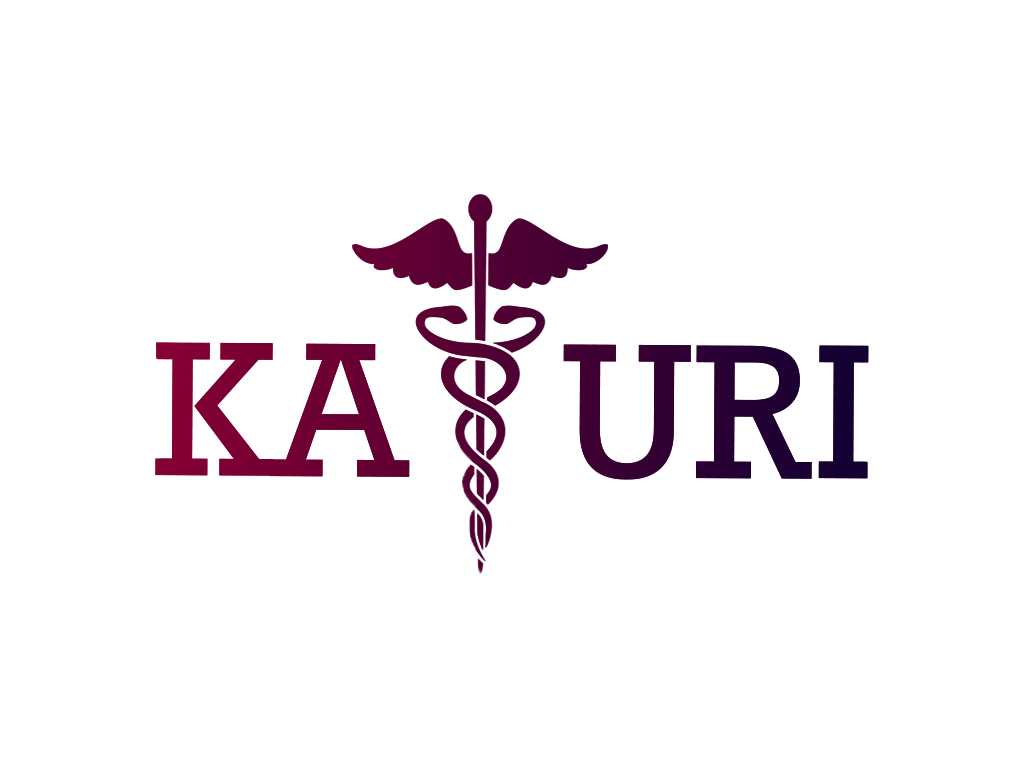Blog - Heat Health & Wellness
Heat Health & Wellness
Wed ,Aug 11:00 am HEALTH & WELLNESS

The heart beats about 2.5 billion times over the average lifetime, pushing millions of gallons of blood to every part of the body. This steady flow carries with it oxygen, fuel, hormones, other compounds, and a host of essential cells. It also whisks away the waste products of metabolism. When the heart stops, essential functions fail, some almost instantly.
Given the heart's never-ending workload, it's a wonder it performs so well, for so long, for so many people. But it can also fail, brought down by a poor diet and lack of exercise, smoking, infection, unlucky genes, and more.
A key problem is atherosclerosis. This is the accumulation of pockets of cholesterol-rich gunk inside the arteries. These pockets, called plaque, can limit blood flow through arteries that nourish the heart the coronary arteries and other arteries throughout the body. When a plaque breaks apart, it can cause a heart attack or stroke.

